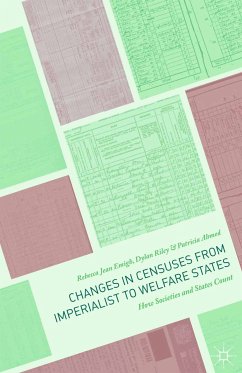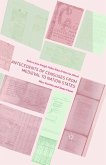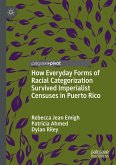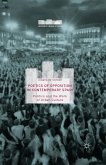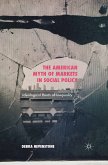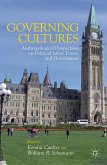Dieser Download kann aus rechtlichen Gründen nur mit Rechnungsadresse in A, B, BG, CY, CZ, D, DK, EW, E, FIN, F, GR, HR, H, IRL, I, LT, L, LR, M, NL, PL, P, R, S, SLO, SK ausgeliefert werden.
Hinweis: Dieser Artikel kann nur an eine deutsche Lieferadresse ausgeliefert werden.
"This book provides an informative survey of modern censuses in Italy, the United Kingdom, and the United States. It brings together state-centered and society-centered perspectives to demonstrate the vibrancy of censuses that inhabit the nexus between state and society. The authors convincingly argue that censuses rely not only on state power but on lay categories that regular people understand. They combinehistorical and comparative methods to discuss fascinating debates over race, class, region, and eugenics." - Kathrin Levitan, Associate Professor of History, College of William and Mary, USA
"This comparative assessment of the history of the census in Italy, the United Kingdom, and the United States makes wonderful use of vast body of research. The authors convincingly use a historical approach to interpret the evolution of population counts as the result of the different ways that states and societies interact. Thus, the authors highlight the unintentional effects of actors' long-run choices, going beyond the short-term perspective that often characterizes social sciences." - Giovanni Favero, Associate Professor, Department of Management and Economic History, Università Ca'Foscari, Venice, Italy

